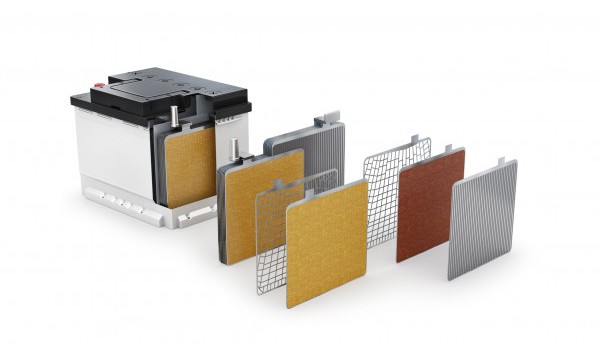
An international team of researchers from Hanyang University and Kyunghee University, alongside the Korea Electrotechnology Research Institute (KERI), led by Jeong Hee Choi, has developed a technology to ensure the long-term stability of lithium-ion (Li-ion) batteries under fast-charging conditions. The team managed to partially cover the anode's surface of the Li-ion battery with aluminum oxide particles that are smaller than 1 µm.
Aluminum oxide, which is low-cost, excellent in electrical insulation and heat resistance, chemically stable, and possesses good mechanical properties, has been effectively used to coat the electrode's surface. This pathway helps prevent the irreversible electrodeposition of lithium during fast charging, thereby improving the battery's stability and lifespan.
The developed technology also increases the energy density of Li-ion batteries. Unlike the mainstream approach of introducing functional materials into the electrode's interior, the KERI technology involves surface treatment of the graphite anode, maintaining stable performance under fast-charging conditions without loss in the amount of reversible lithium.
This anode has exhibited exceptional performance, retaining over 83.4% of its capacity after 500 cycles of rapid charging. The technology is now being expanded for use in larger battery cells, signifying significant advancements in battery performance for electric vehicles.
Jeong Hee Choi stated that the application of this technology would help develop stable, high-energy-density Li-ion batteries capable of fast charging and contribute to the wider adoption of EVs. The US and South Korea have both granted patents for this technology. The Samsung Future Technology Project and the Ministry of Trade, Industry, and Energy's Industrial Technology Innovation Project funded this research.








